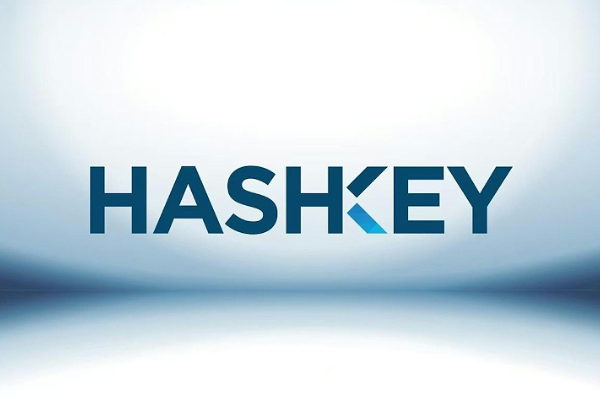Coinbase and Gemini to obtain EU crypto licenses, regulatory differences emerge
According to reports, Coinbase and Gemini, two leading crypto asset trading platforms in the United States, are applying for and are expected to obtain EU Crypto Asset Service Provider (CASP) licenses from Luxembourg and Malta respectively. The two companies intend to operate legally throughout the 27-country European Economic Area in accordance with the EU's Markets in Crypto Assets Regulation (MiCA).
MiCA Regulation is one of the most important digital asset regulatory bills in the EU in recent years and has been fully effective at the end of 2024. The regulation unifies the regulatory standards for crypto asset trading, stablecoin issuance, custody and other services, with the aim of promoting compliance development in the crypto industry while protecting the interests of investors. Licensed platforms will enjoy "passporting rights" in EU member states, exempt from repeated registration, and conduct business directly across borders.
Coinbase is currently expanding its small team in Luxembourg to strengthen its compliance and regulatory communication capabilities, intending to use this as a foothold to deepen its presence in the European market. Gemini chose to obtain approval through the Malta route and is expected to obtain a CASP license soon, forming a parallel with OKX and Crypto.com, which have been approved in Malta.
However, this move has caused regulatory differences within the EU. Some member states are cautious about Malta's rapid approval of several international crypto platforms, fearing that it may lead to a "race to the bottom" risk of regulatory standards, that is, some countries lower regulatory thresholds to attract companies to settle down, thereby undermining the uniformity and effectiveness of the entire EU regulatory framework.
Officials from the French Financial Markets Authority (AMF) and the European Securities Markets Authority (ESMA) also expressed similar concerns, emphasizing that the successful implementation of MiCA depends on a high degree of coordination of regulatory enforcement among member states. ESMA officials said that in the future, they will increase supervision of national approval processes to ensure that regulatory practices are in line with the spirit of EU regulations.









